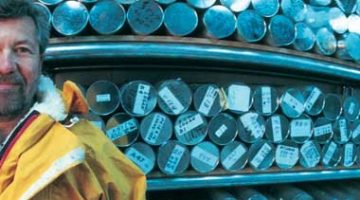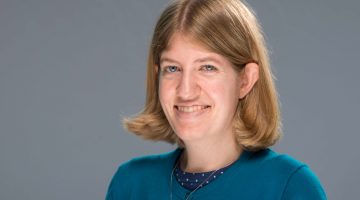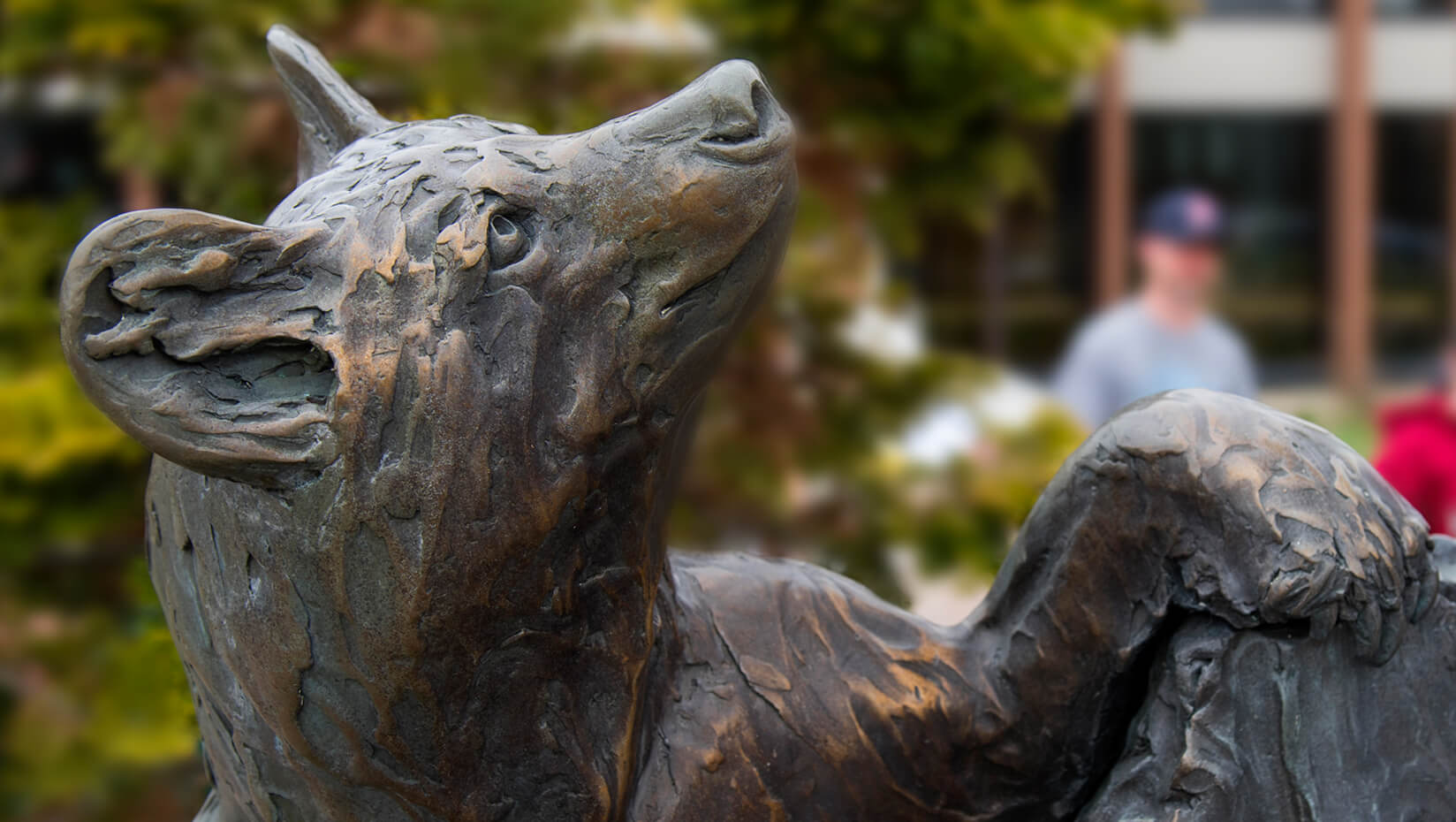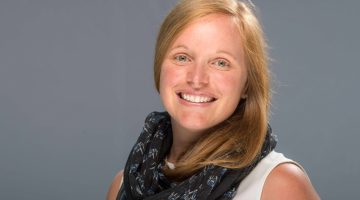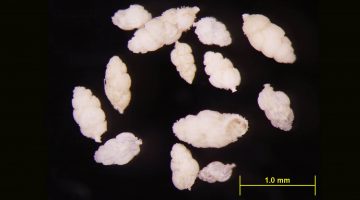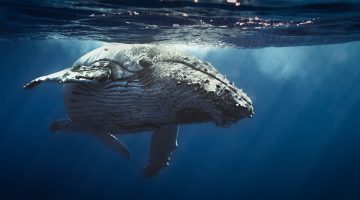Mayewski to discuss ice melt, adaptation at Maine-Arctic Forum
A distinguished Maine Professor School of Earth and Climate Sciences who is also director of the University of Maine Climate Change Institute will talk about the Arctic’s changing climate and resulting economic opportunities and geopolitical concerns Oct. 3 at the University of Southern Maine in Portland. Paul Mayewski, who has led expeditions and conducted climate […]
Read more
